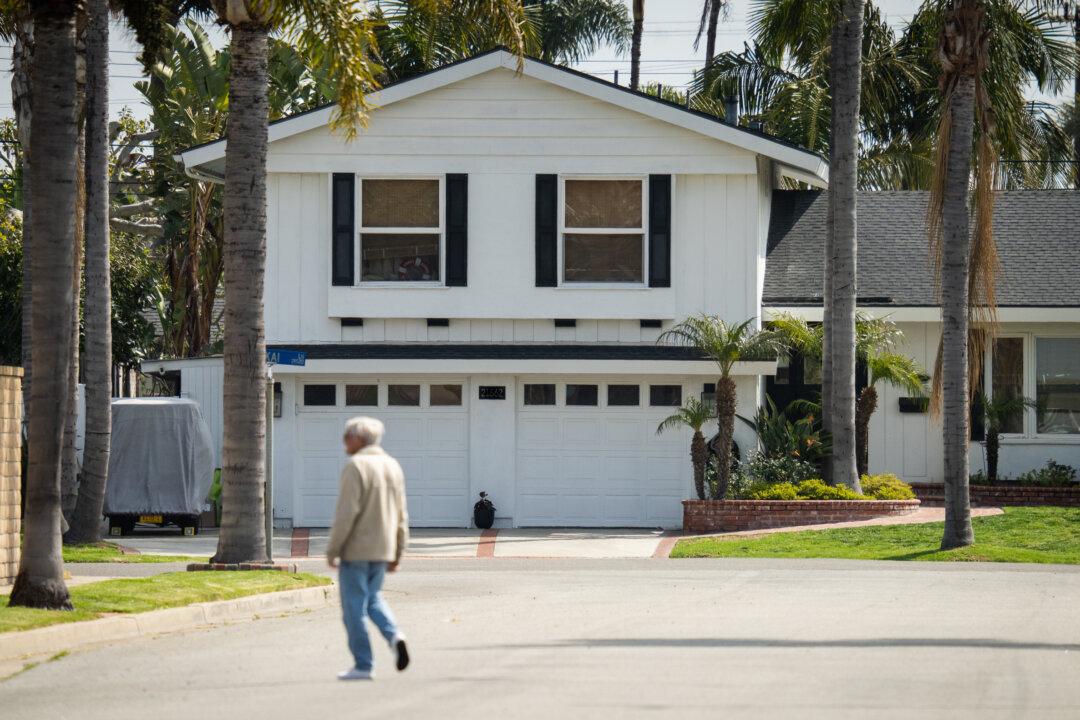A proposed constitutional amendment to make housing a fundamental human right in California is moving forward in the Legislature.
Democratic leadership referred Assembly Constitutional Amendment (ACA) 10—introduced by Assemblyman Matt Haney (D-San Francisco)—to the Assembly’s Housing and Community Development Committee, where it’s expected to receive its first public hearing. No date had been set for the hearing as of May 1.





